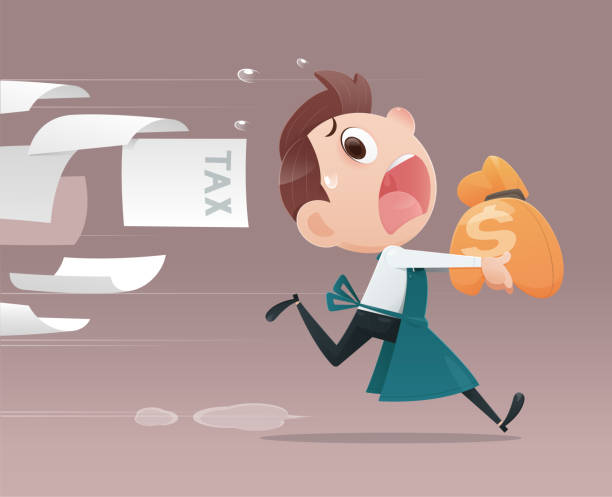Day after day we are told that incomes taxes (including capital gains taxes) are the silver bullet to all that ails Washington's budget. Each time I hear that income taxes are what sound and stable budgets crave, however, it sounds more like this: "But Brawndo's got what plants crave. It's got electrolytes." Demonstrating yet again the problems with relying on volatile tax sources comes this report from California:
"California, whose state budget is highly dependent on volatile income taxes, is the least able big state to withstand a recession, according to a 'stress test' conducted by Moody’s Investor Service.
Arch-rival Texas, meanwhile, scores the highest on the test because of 'lower revenue volatility, healthier reserves relative to a potential revenue decline scenario and greater revenue and spending flexibility,' Moody’s, a major credit rating organization, says."
Along with Texas, guess what other non-income tax, low revenue volatility state, scored well in Moody's budget stress test? Washington.
According to Moody's press release:
"While the research goes into depth with the four most populous states, Moody's includes an appendix analyzing the same four criteria with the 20 most populous states. It finds the states of Texas, Missouri (Aaa stable) and Washington (Aa1 stable) most prepared for a recession while California and Illinois (Baa1 negative) are least prepared, with the other 15 moderately prepared."
The Moody's budget stress test wasn't the first, nor will it be the last research report to warn about the problems volatile tax sources can cause for budget sustainability. Here are a few more examples:
- The Pew Charitable Trusts:
"Income tax revenue, once a reliable workhorse for states, is increasingly volatile as more of it comes from wealthy taxpayers, who are disproportionately affected by economic booms and busts. The unpredictability and the fact that the revenue is growing more slowly are creating major budgeting challenges for states . . . 'The volatility (in income taxes) coupled with the decline (in income tax revenue growth) is a nasty combination,' said Gabe Petek, S&P analyst who authored the report."
- California’s Legislative Budget Office (LAO):
"Probably the single most direct way to limit the state’s exposure to the kind of extreme revenue volatility experienced in the past decade would be to reduce its dependence on the source of income that produced the greatest portion of this revenue volatility—namely, capital gains and perhaps stock options."
- Standard & Poor’s (S&P):
“State tax revenue trends have also become more volatile as progressive tax states have come to rely more heavily on capital gains from top earners.”
As for Washington, S&P said earlier this year:
"Washington's reliance on retail sales and business and occupation (gross receipts) taxes for a combined 63% of general fund tax revenues (on a budgetary basis) typically affords the state more revenue stability than other states that rely on personal income tax revenues."
Electrolytes and income taxes (including capital gains taxes) may make for a nice talking point but revenue stability, strong reserves and spending discipline go much further to keep budgets from withering in the face of the business cycle.




